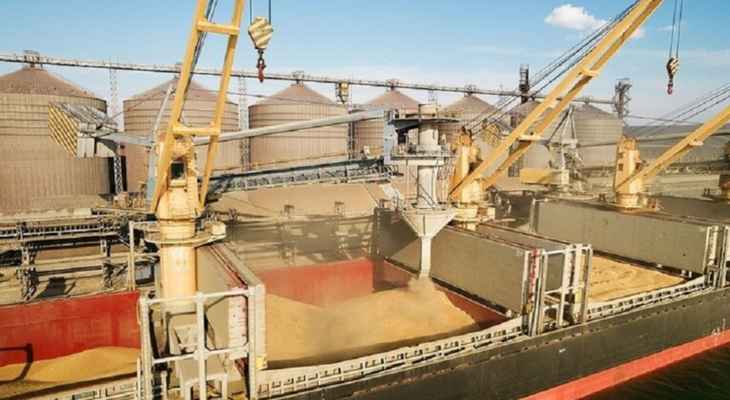The authorities of Ukraine and Russia are preparing to sign an agreement in Istanbul that will allow the export of Ukrainian grain stuck in the ports of the Black Sea, which world markets are eagerly awaiting to resume. The agreement, negotiations on which began two months ago, includes:
A joint coordination and command center will be established in Istanbul to oversee operations and resolve disputes, where the two opposing sides and officials from Turkey and the UN will participate in the headquarters. The UN believes that the creation of the center will take three to four weeks, which means that grain shipments may not begin to flow at full speed until the second half of August.
One of the most poignant points of the agreement was the issue of inspecting ships: mines were planted in the area of the main Ukrainian ports overlooking the Black Sea to repel a Russian landing attack, and the Ukrainian authorities do not want Russia to board their ships to check the absence of weapons supplies. with Russia. Ships return to their ports. UN officials said: “The four parties agree that it will be very difficult to carry out the inspections of ships that Russia requires on the high seas, and instead the four parties will control the inspections of ships in one of the Turkish ports after they return to Ukraine, and this will most likely in Istanbul, it is not yet known exactly who will be allowed on board the Ukrainian ships.”
The officials pointed out that “the parties quickly agreed that mine clearance in the region would take a long time, which would not allow the danger of famine spreading to some of the world’s poorest regions” and they believed that “the agreement ensures that the Ukrainians will navigate their ships along safe corridors , avoiding known minefields, and they would keep pace with Ukrainian ships shipping grain into and out of Ukrainian territorial waters, and both sides pledged not to attack the ships while they were leaving or returning, and this point, too, was a thorny command and control in Istanbul.
The deal nearly fell through when Russian President Vladimir Putin said this week that he expects “Russian grain to be included.” Russia has been subject to a series of sanctions affecting its shipping companies and agricultural products such as fertilizers. Last week, the US Treasury issued a clarification stating that “trade restrictions on Russian fertilizers and agricultural products do not apply,” and the European Union on Wednesday made an exception for wheat and Russian fertilizers. The UN and Russia are expected to sign a separate memorandum of understanding in Istanbul to ensure that the sanctions do not directly or indirectly affect grains and fertilizers.
The agreement is expected to be signed at 13:30 at the luxurious Dolmabahce Palace in Istanbul in the presence of Turkish President Recep Tayyip Erdogan and UN Secretary General António Guterres. The two opposing sides are expected to be represented by Russian defense ministers Sergei Shoigu and Ukrainian Alexander Kobrakov, and the agreement is valid for 120 days and can be automatically extended without the need for further negotiations. The agreement includes Ukrainian ports overlooking the Black Sea in Odessa and two neighboring areas. Officials believe that “120 days will be enough to complete the procedures for the shipment of 25 million tons of wheat and other grains stuck in Ukrainian ports.”
Source: El Nashra
